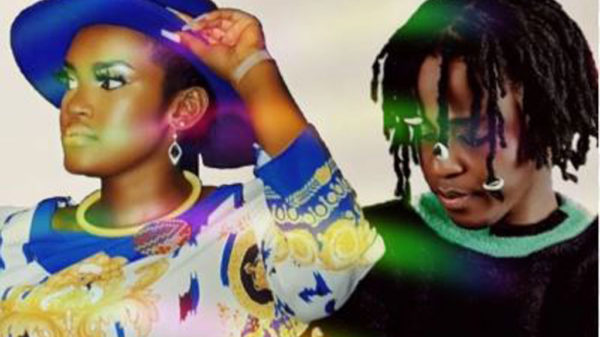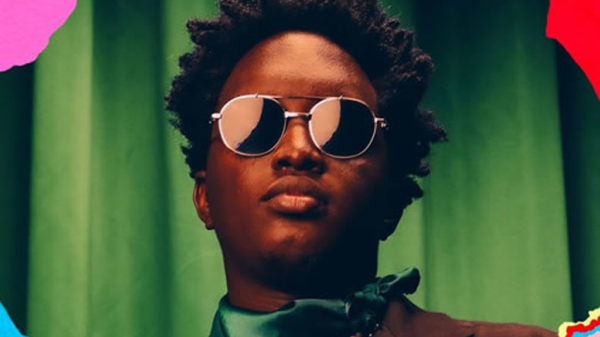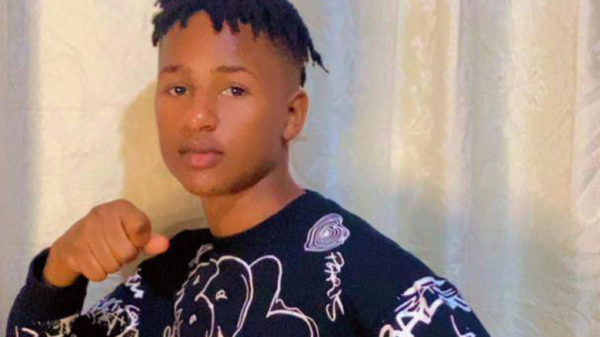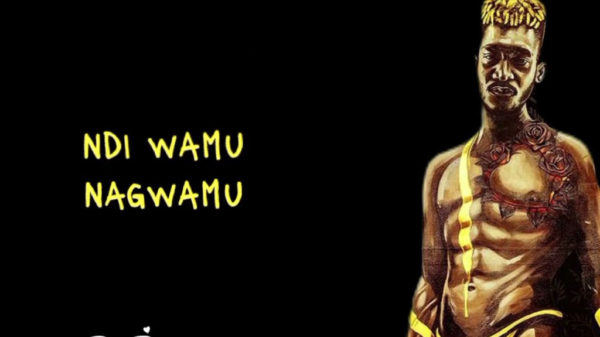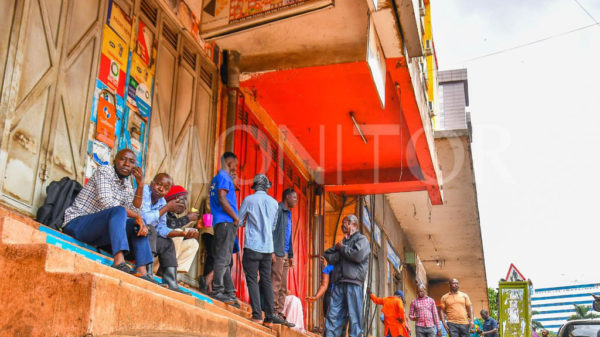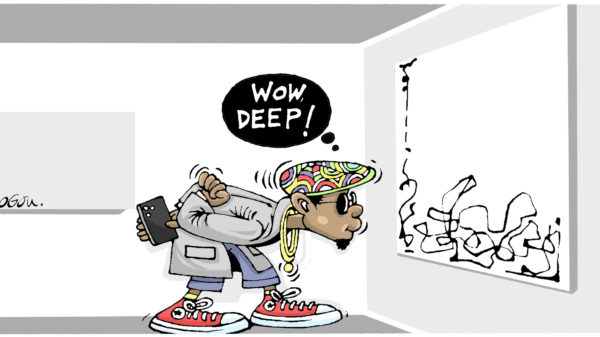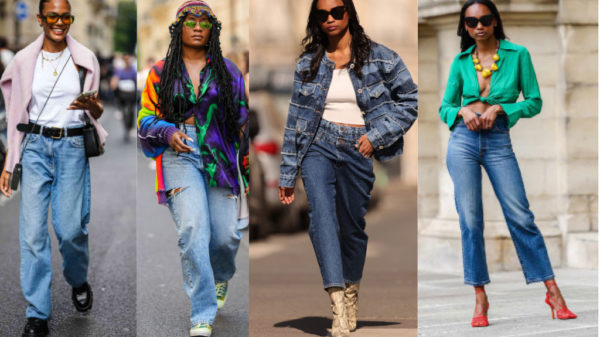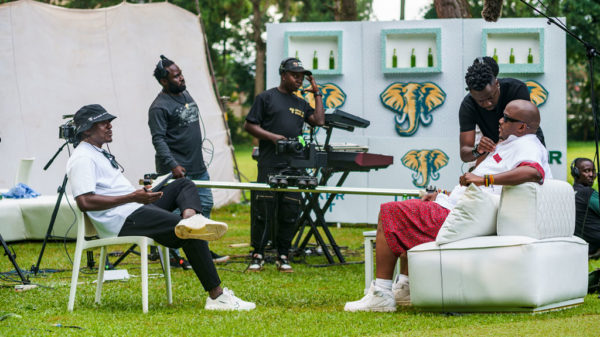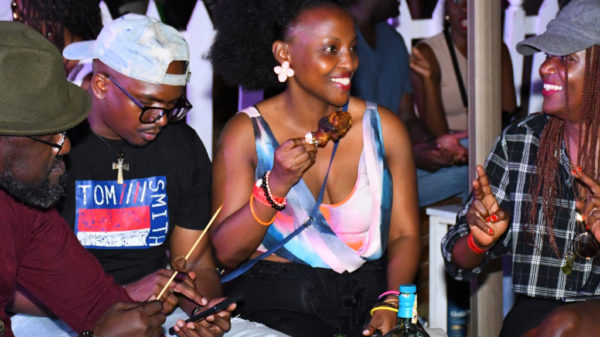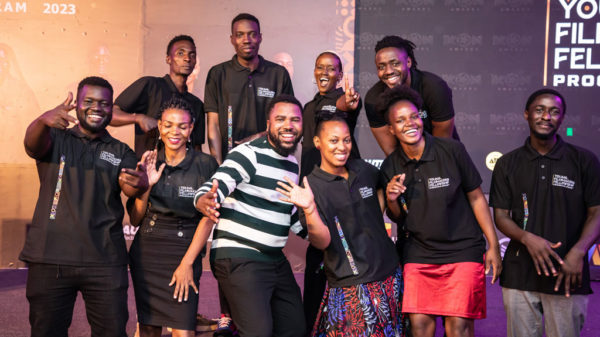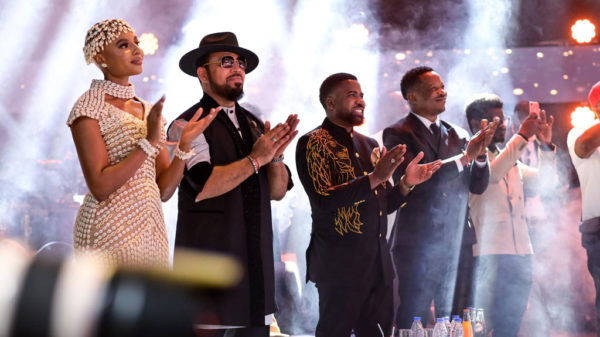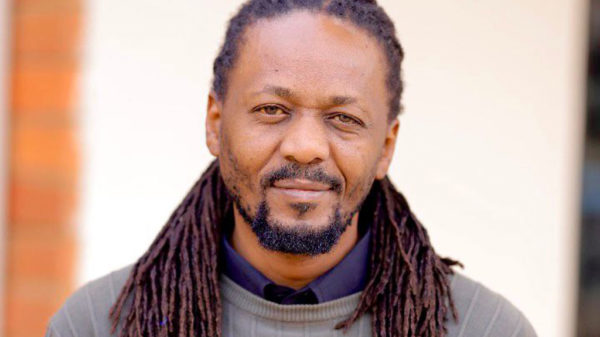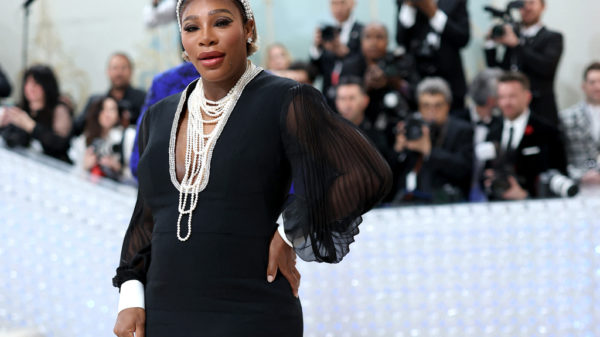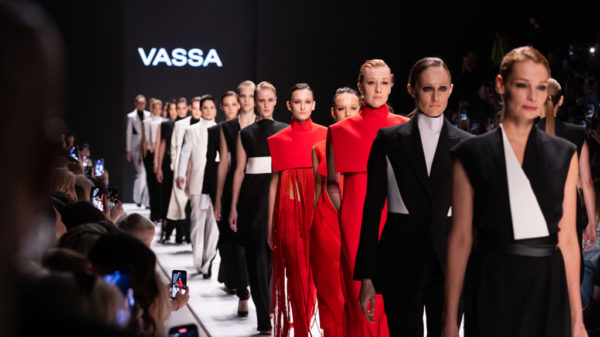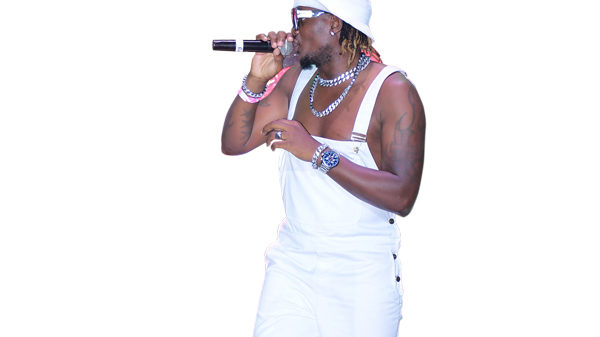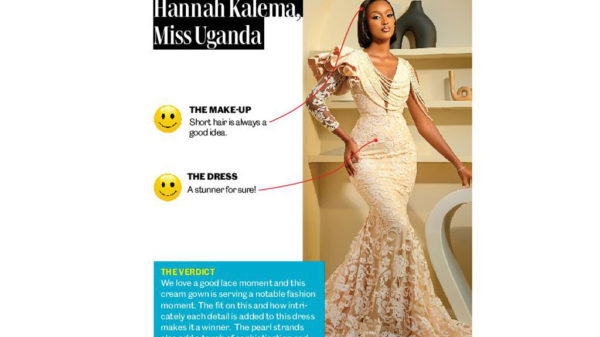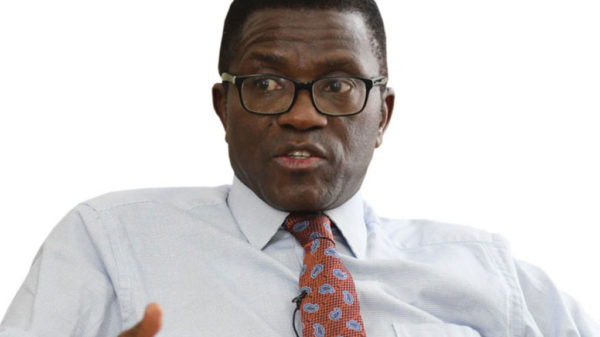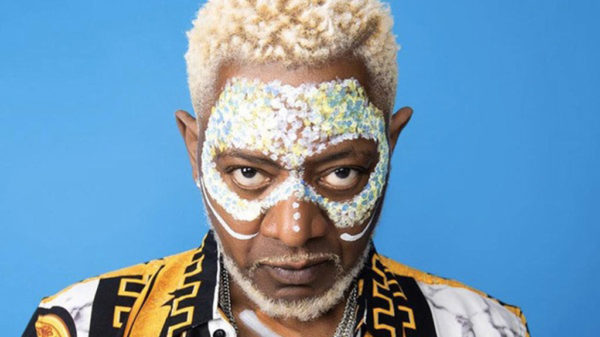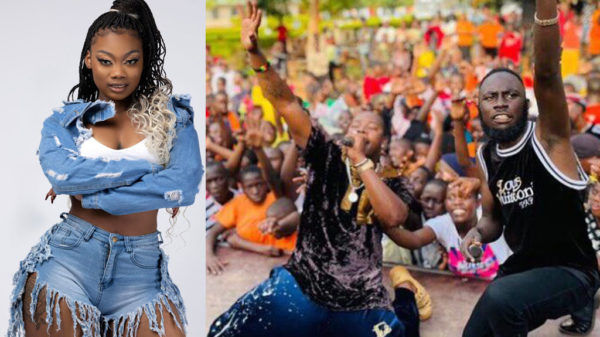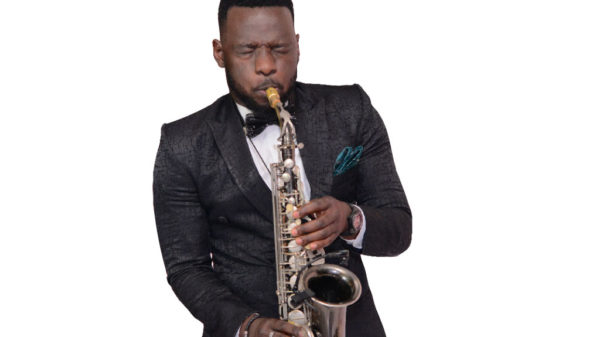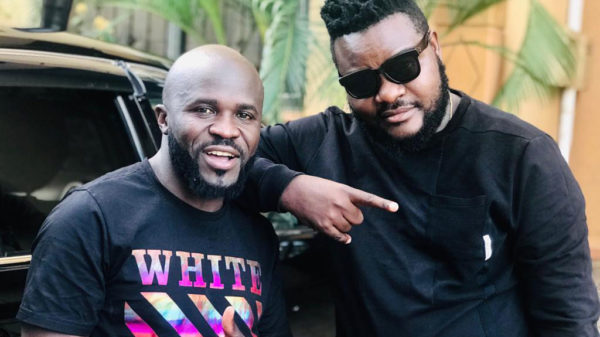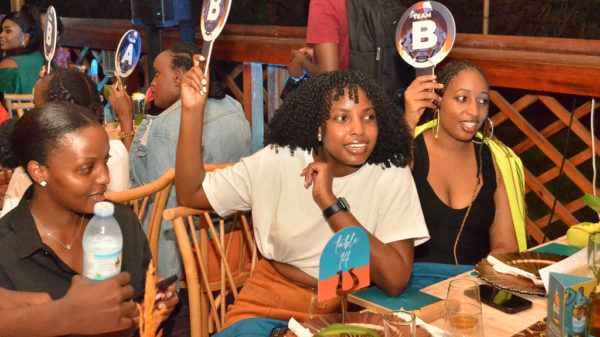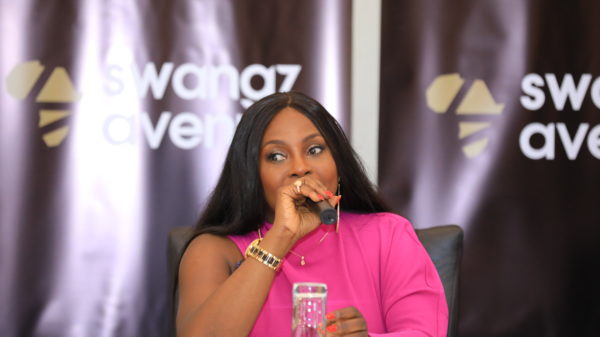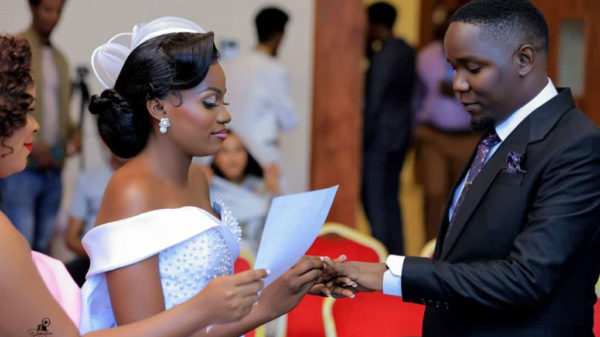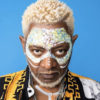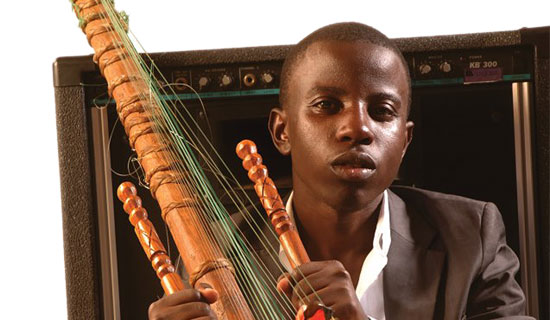
Sebujjo
Award winner. World music artiste Joel Sebunjo has just won an international award that will see him relocate to France to work on his next album for several months, writes Brian Magoba
On Friday, January 11, Joel Sebunjo, one of Uganda’s few international world music ambassadors, was declared winner of the prestigious Visas pour la Création award in Paris, France.
Given to exceptional African achievers in the fields of music and advocacy, the accolade aims at developing the talent of professional and young African musicians, and helping them reach more professional platforms.
Sebunjo’s victory earned him a three-month stint, beginning in April, as the resident artiste at the Cite International des Arts de Paris Studio.
As anyone who knows his public persona can testify, Joel Sebunjo is a cocktail of serious playfulness and career-oriented shrewdness. He will high-five a good joke in the same breath that he will name-drop whichever expat he last struck a deal with.
Anyone who listens to his music will easily see the marketing-savvy, fun-loving musician he is. An example is Nakato Omulongo, which will be his signature calling card in Uganda’s music industry if he never realises another hit.
The original, edited in Helsinki, Finland, is five minutes and 34 seconds of his playing the kora accompanied by a djembe and synthesized keyboards. The average radio listener or club goer likely has never heard this version.
The Ugandan version, featuring local musician Jamal headlining the vocals, caught on also because of Ssebunjo’s seemingly un-intelligible section, which combined Luganda—”Njagala mbeere awo munnange wali, nga siseguka,” and the Manding language from the Gambia-Senegal region- “aruma yarabi le, aruma yarabi le.” Not forgetting that ear-arresting kora intro and outro.
For such a rigidly organised man, winning the prestigious Visa Pour la Creation award by the French government for 2013 was a fitting finale to the time he has invested developing himself from an anonymous apprentice flautist in Kayizzi Arthur’s now defunct Akadinda K’africa—which included Michael Ouma and Herbert Kinobe, to the brand that is Joel Sebunjo of Sundiata Band.
“For over three years, I have been networking with artistes all over the world, establishing contacts for an opportunity like now when I will have the resources to produce something that will take world music in Uganda to the next level,” he said, commenting about what winning the award meant for him.
With and through Sundiata, Sebunjo has gradually become the go-to musician for gigs involving either West African artistes (he guest performed at Ismael Lo’s benefit concert for Katalemwa Cheshire Home For Disabled Children on January 27, 2012 at Serena Hotel); Afro-jazz sessions (he was a pioneer artiste at Ndere Troupe’s Afro-Jazz sessions); and festivals (Uganda’s representative to Sauti za Busara in 2010).
*We asked him about the significance of this triumphant moment, both to him as an individual artiste and to Uganda’s music-loving community.
Congratulations, but how does your award benefit Uganda’s music industry?
On a continental level there is a big gap between Francophone and Anglophone musical exports in terms of production, touring, endorsements, agency management and perfomance. Uganda is detached in terms of presence when compared to West African musical giants which are connected to the French system. You see, France is one of the leading countries for the music business, and especially world music. Most successful world music acts are either based in France, collaborating with Paris-based societies or managed under French labels. Thus this is a new connection between the newer artistes in East Africa, and Paris which is the centre of World Music. As Uganda, we have had someone called Geoffrey Oryema, who is one of the most successful world music artistes today based in France. Everybody knows him, if you go to Europe or America….
And yet here, most people know of Samite. In your opinion, which is more important, home support or international coverage?
I think its global support. World music counts a lot on foreign support. World music never counts a lot on home support, because it depends on touring, endorsements, publications and agencies, which are not present at home. So in that respect, Geoffrey Oryema is more successful than Samite. His music is widely known, and it is because of the French connection. So this win is timely, and not only for Joel Sebunjo, but it represents partnership between Uganda and France. Otherwise, why choose a Ugandan winner from all the countries in Africa?
What do you think was the most important factor that made you win?
My music speaks for itself. My music style is unique, it has a Francophone taste and appeal, which makes me stand out since I use material from Uganda but look out for what other people from Africa are doing and I merge it into something different. This is why my music has Senegalese, Malian, and Guinean influences. You will also detect French lyrics and arrangements in some of my music.
Why do you copy only West Africa when other regions like South Africa are equally vibrant?
Yes, South Africa is okay, but my background is cultural, or Africa-roots music. If you listen well and compare, West African music is more rooted in tradition, while South Africa is more hybridized in forms like kwaito. If you listen to South African musical groups like Freshly Ground and TKZee, they have no signature cultural sound.
There is also Soweto Gospel Choir, the Drakensburg Boys, Ladysmith Black Mambazo…
Yes, those are Afro-based, but in language mostly. On a scale of 1-10, only two have African culture. And this small percentage only has people like Chiwoneso and Oliver Mtukudzi whose earliest albums were based on the traditional elements of Mbira music since it was based on Shona traditional arrangements. To me, the west coast is more grounded in Africa’s authentic sounds. Even hip-hoppers like Didier Awadi and Mokobe the Malian rapper will rap over African instruments and African sounds. This is why I gravitate more towards West African influences.
What’s the plan when you go to France?
I am going to work with different musicians in creating my new album which should be out in February 2014. I will be polishing my compositions under the tutelage of established musicians, promoters and producers like the legendary Ibrahim Silah from Guinea. It is of significance to me that I will collaborate with one Ugandan, Geoffrey Oryema, Guinea’s Ba Cissoko who plays kora but with electric effects, and Ticken Jah Fakoly, a reggae artiste from Ivory Coast. I will be learning, discovering and creating to get an album that is better than any
Your music draws more influence from West Africa instead of your native Uganda that also has a rich cultural music heritage.
Actually my music also draws influence from Ugandan folk-culture/ traditional music heritage, especially the Buganda culture. I am an artiste with one leg rooted in West African elements and the other leg in Ugandan culture. Actually my premier album was called Ganda-Mande crossroads (it shows this West Africa-Uganda music marriage)
But its true, that my music has a general West African vibe/ colour to it, simply because of the nature of instruments and composition/arrangement techniques I apply, that even if I sang a traditional song from Uganda e.g Kagutema, you would imagine am doing a piece from Mali or Guinea, till when you pay attention to the lyrics!
And that’s beautiful because I can tell ancient Ugandan stories, stories of my culture using a unique template. Talk of border crossing arts!




